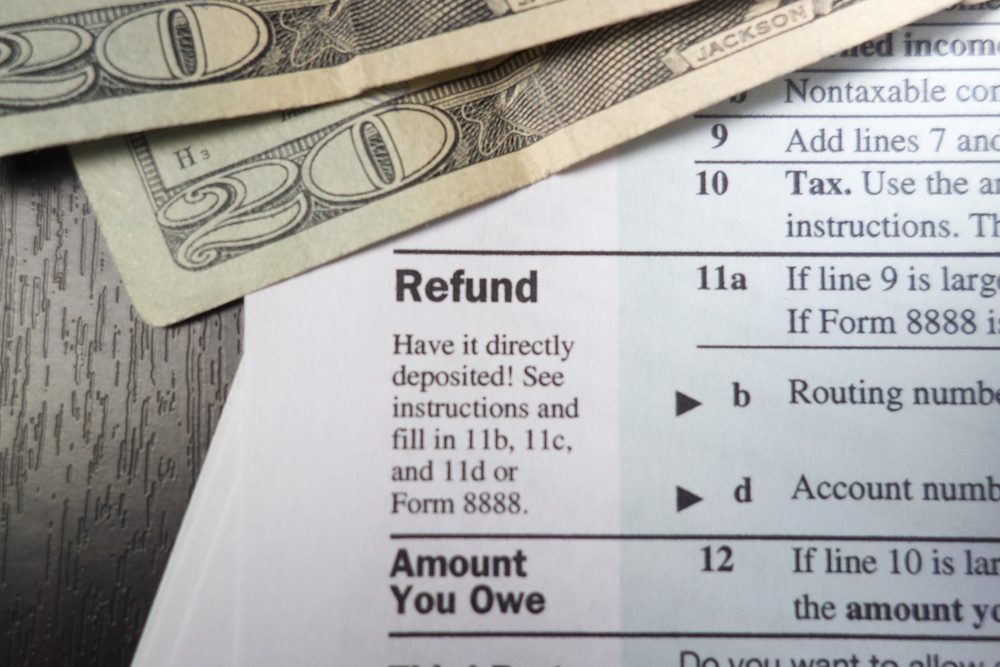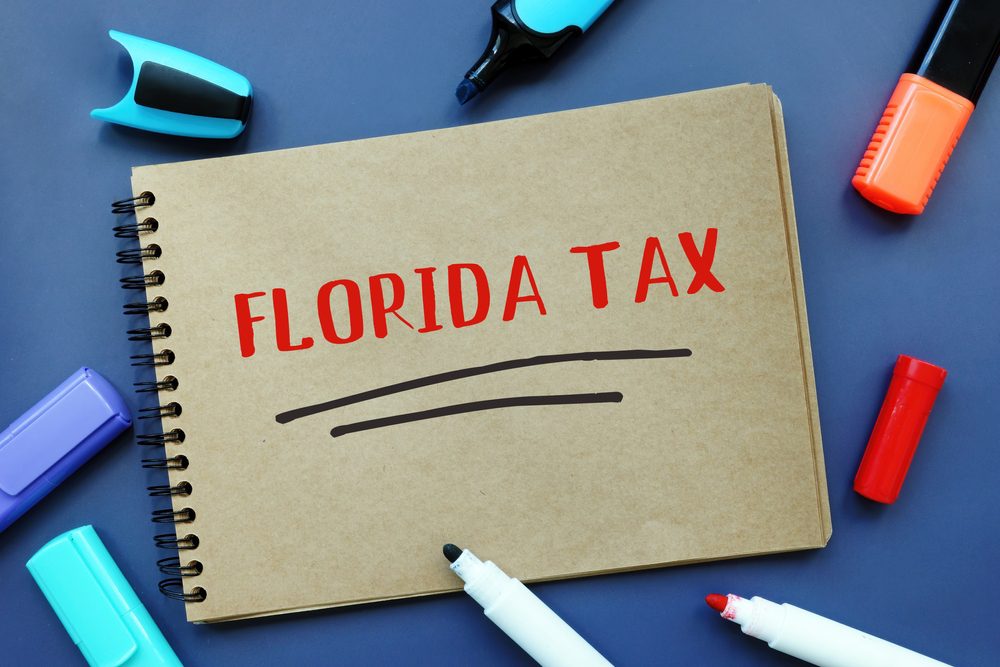
Dividends
Lots of retirees have stocks, either directly or from a mutual fund. Dividends that are paid by companies to their stockholders are usually treated in two ways: qualified or non-qualified. Qualified dividends are taxed at what we know as long-term capital gains rates, while non-qualified dividends are taxed at ordinary income tax rates.
Interest-bearing Accounts
Ordinary income tax rates are applied to interest payments on certificates of deposit, savings accounts, but also money market accounts, and corporate bonds. Municipal bond interest is fully exempt from federal tax.
On the same note, the interest issued in an investor’s home state is almost always exempt from state income taxes. However, you might check your own state’s laws, just to be sure. Capital gains rates usually apply when you decide to sell corporate or municipal bonds.









